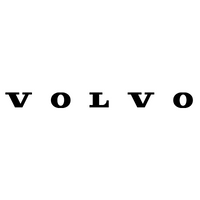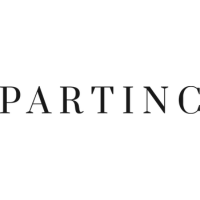This webinar was held on September 16, 2020.
Today the #NordicTalks partners in collaboration with MissionC and supported by the Nordic Council, were very pleased to welcome more than 250 participants to the first webinar in a series of three about Sustainable Fashion where several leading Nordic and Dutch fashion profiles will be sharing their insights. Production, retail, consumer perspective as well as social and environmental aspects will be touched upon to get an overall understanding on the complexity and how we as individuals can make change happen. Today’s webinar theme was Green Fashion – Green Future, September 23 will be about Consumers turning green and on September 30th, the last webinar in the series, we will touch upon Awareness raising “We know now”.
Big thanks to today’s inspiring speakers for eye-opening reflections on how to transfer the fashion business models into sustainable and fair. Also big thanks to all participants for sharing thoughts and discussions in the webinars chat and for the great questions to the speakers. Finally, a big thank to Andrea Orsag, Sustainability and Circular Economy Evangelist and co-founder of MissionC, who was and will be our moderator for the whole webinar series. Join us again on Sep 23!
Here are the Sustainable Fashion Business Transformation key take-aways by Moderator Andrea Orsag:
- European Commission represented by its president Ursula von Der Leyen proposed today increase in 2030 emission reduction from 40% to at least 55%
- Currently the fashion industry is responsible for around 10% of the global CO2 emissions. To achieve emissions reduction, the fashion industry needs to change as well: by using better materials, better business models minimising waste and enhancing longevity, by improving the resources efficiency and also working conditions of garment industry workers
- Strong leadership is important to set clear targets and work on this transition now – with a clear roadmap, monitoring & communicating progress, applying innovation, technology and insights from pilots that are ready to be scaled up
- Collaboration among different partners (from suppliers, material producers, retailers, NGOs, governments and others) will be crucial to accomplish the change
- It’s not only about using sustainable materials, it’s also about different consumption patterns – focusing on quality instead of the quantity
Partners:
Sponsor:
































